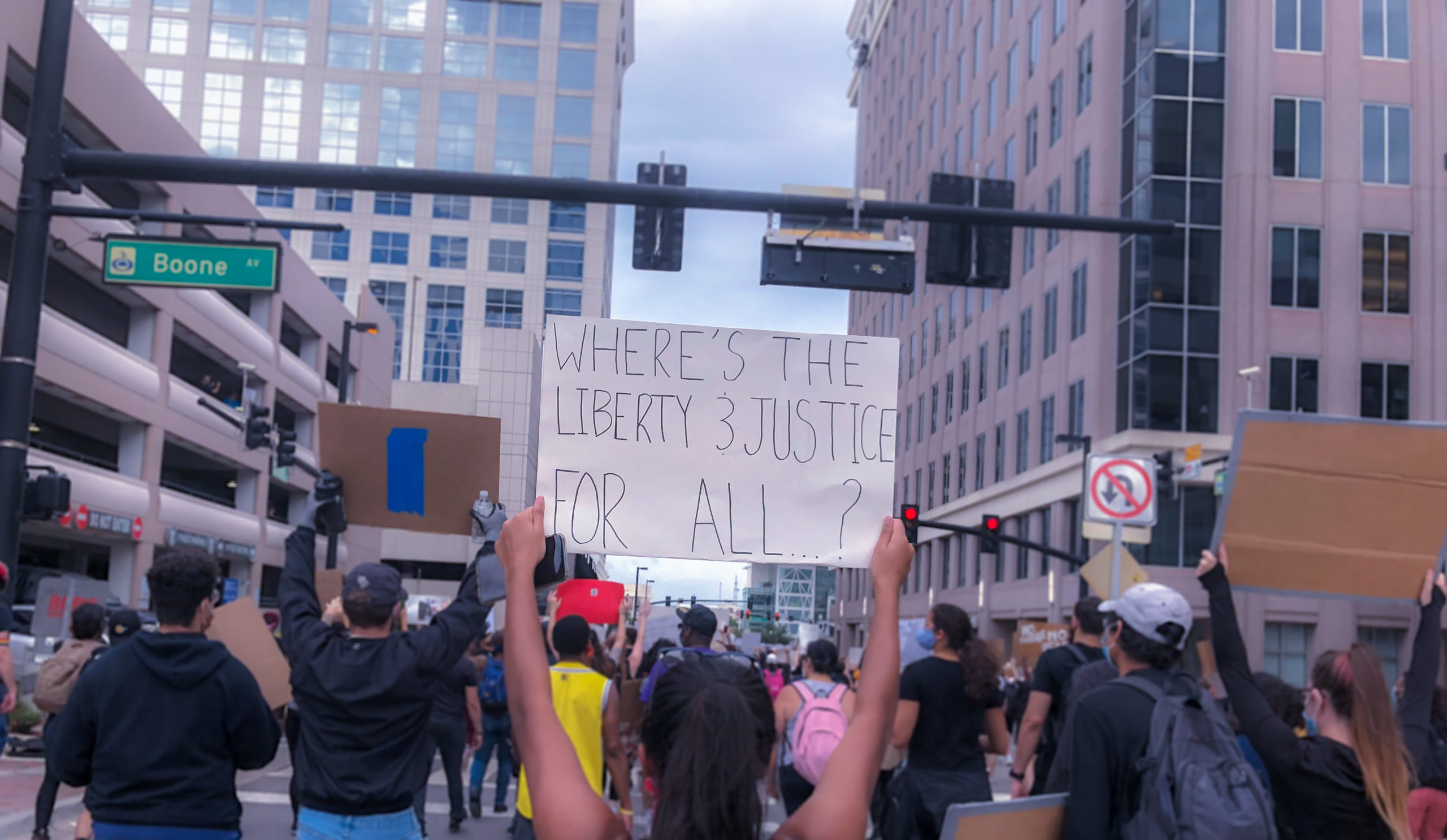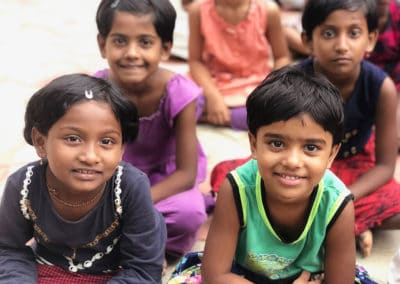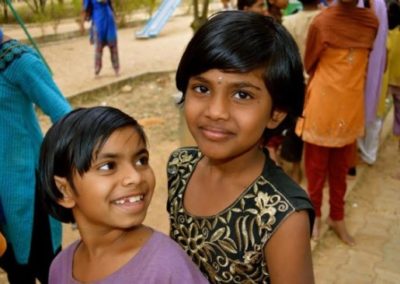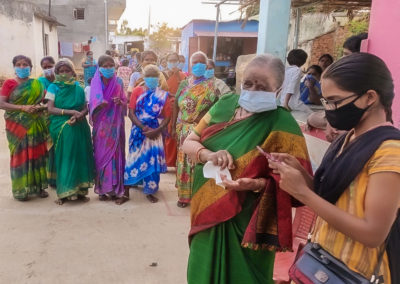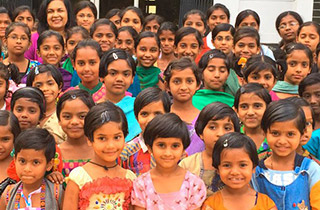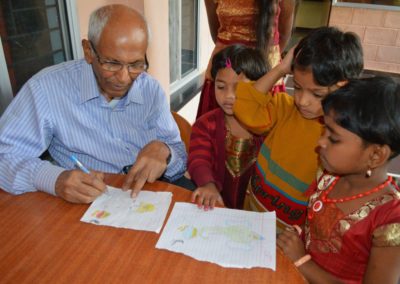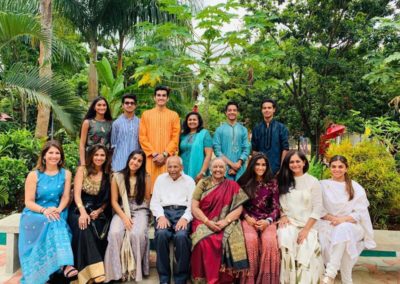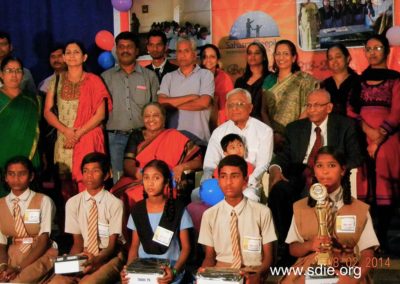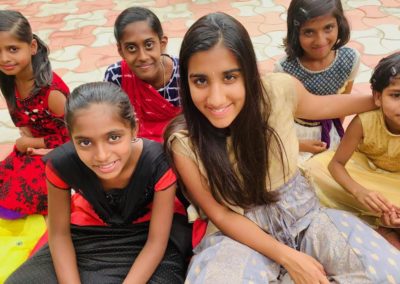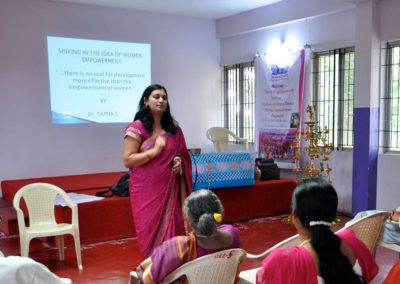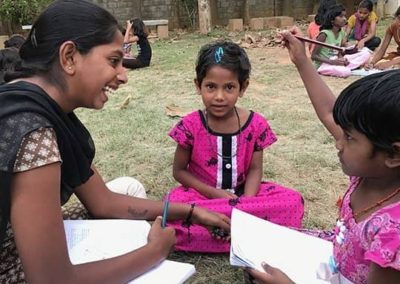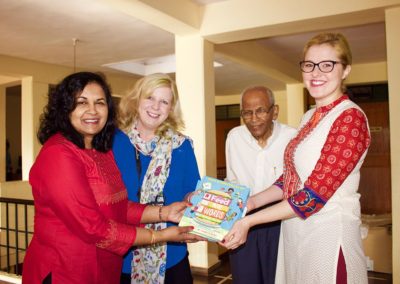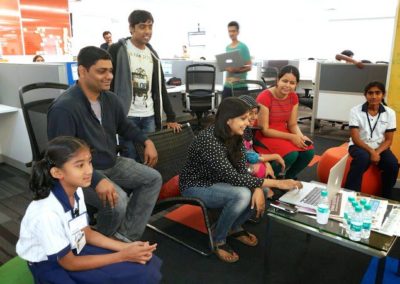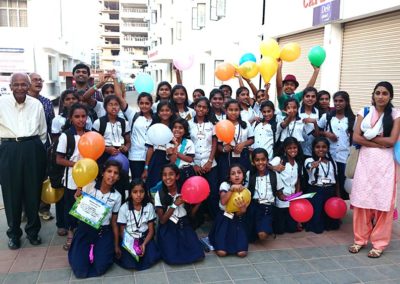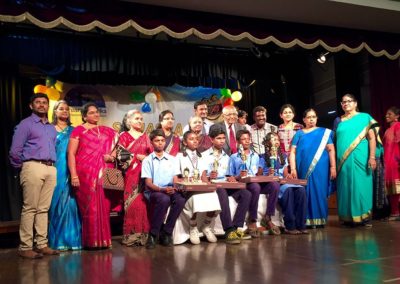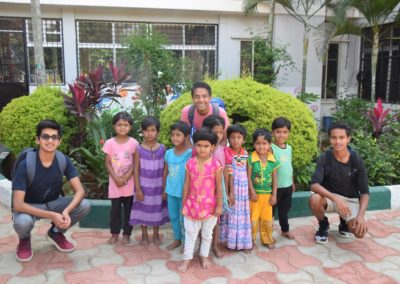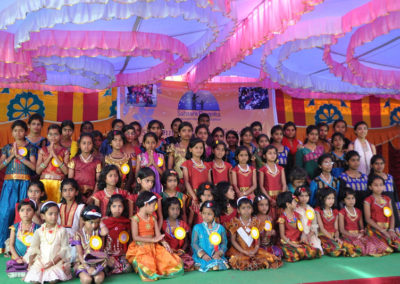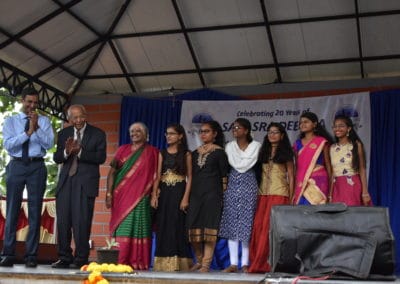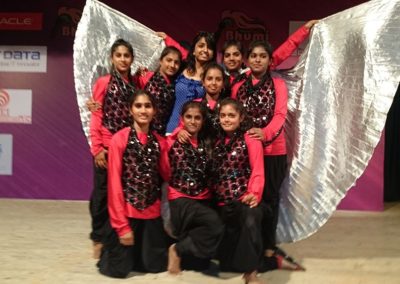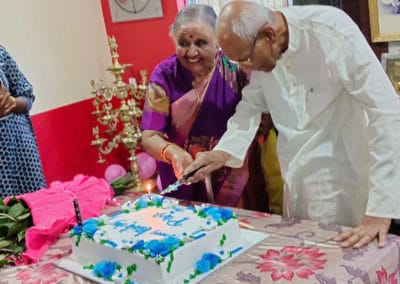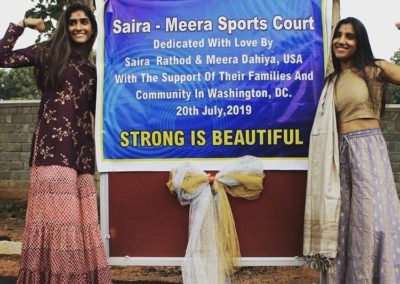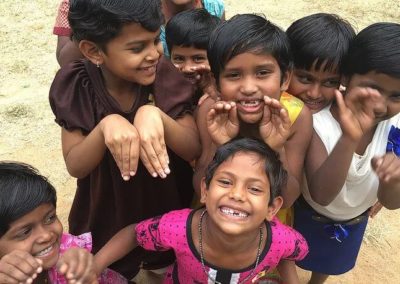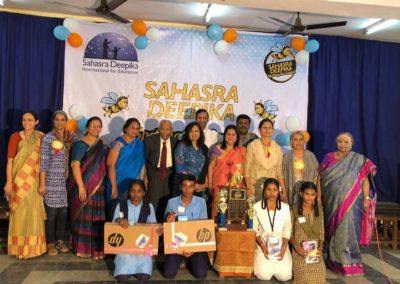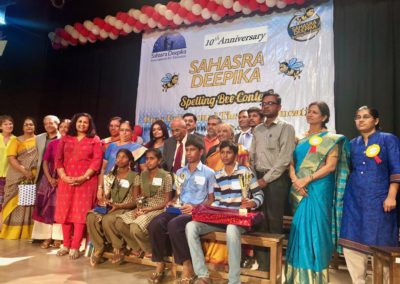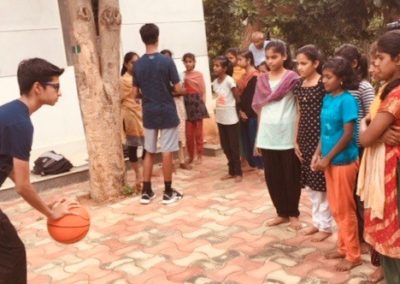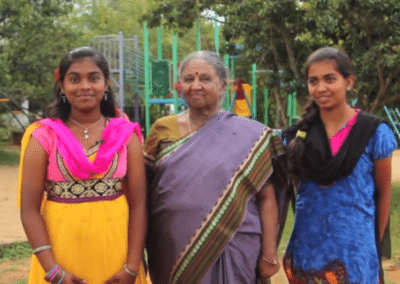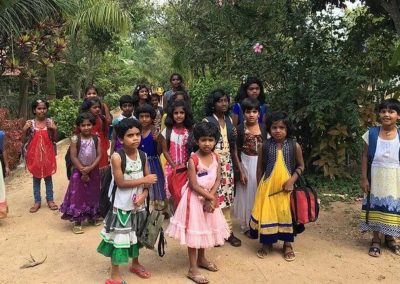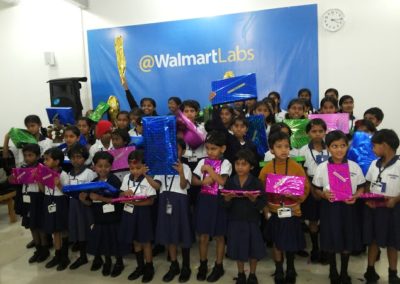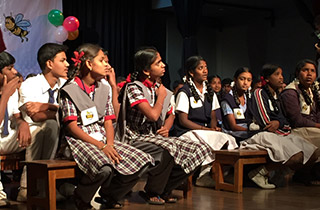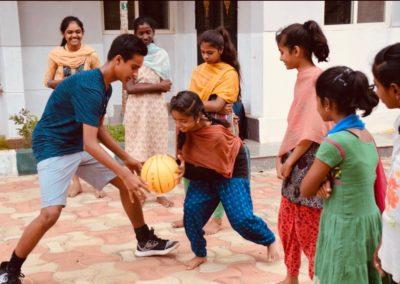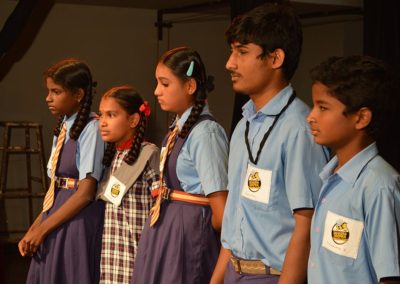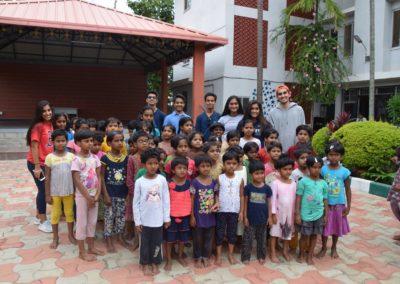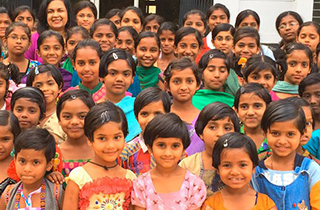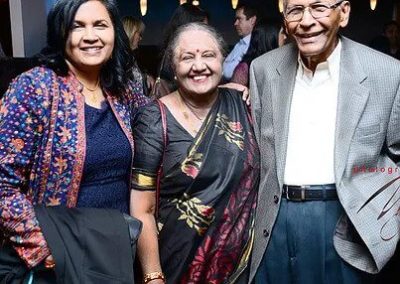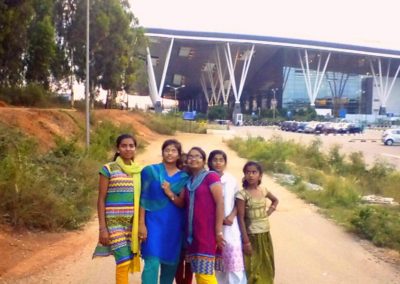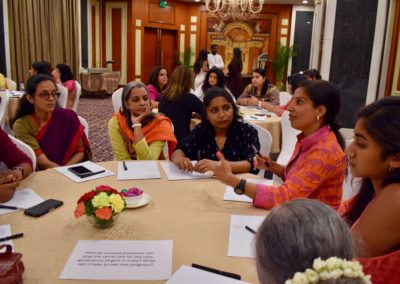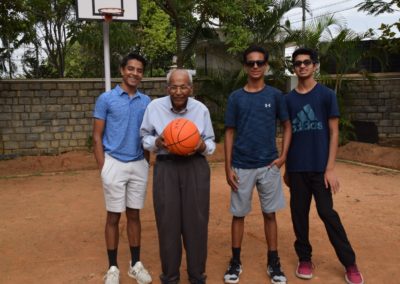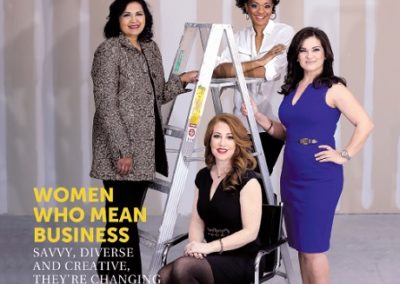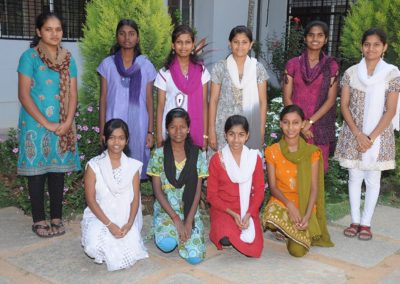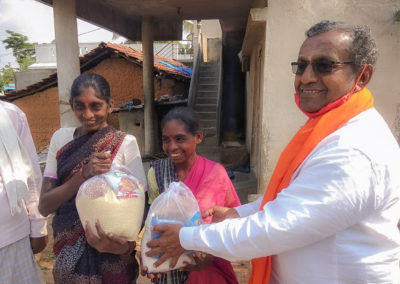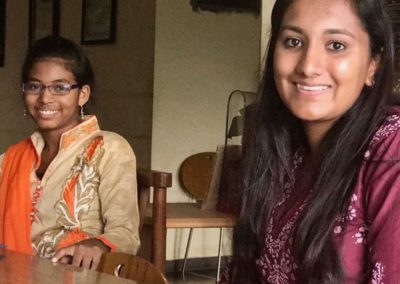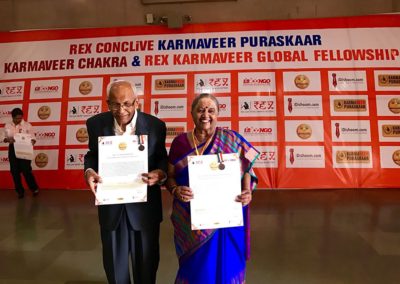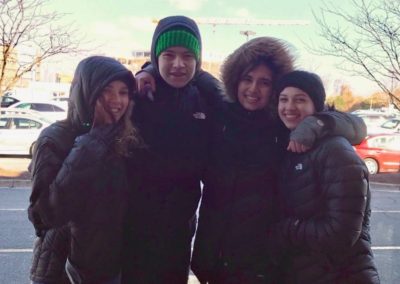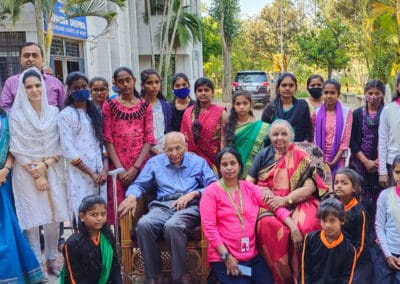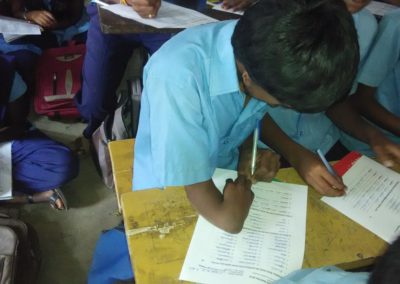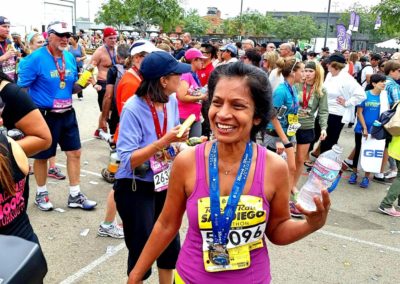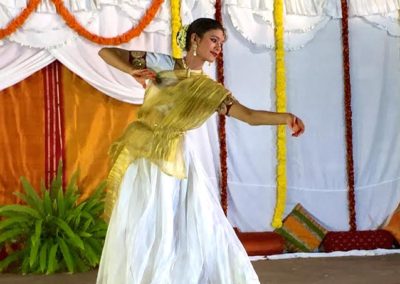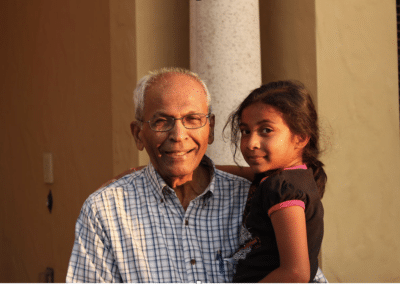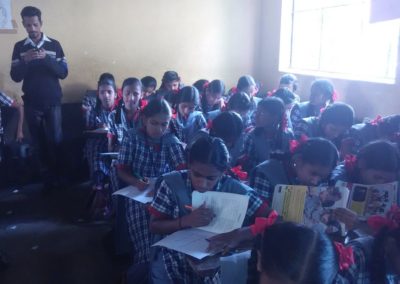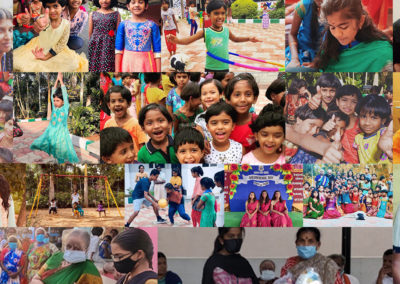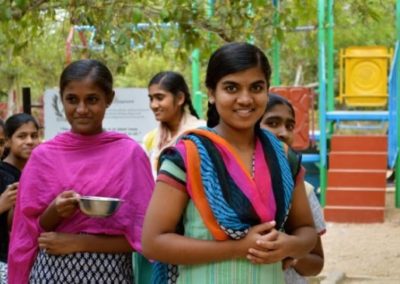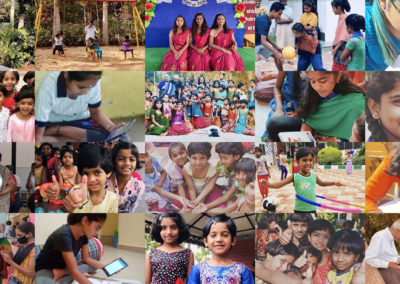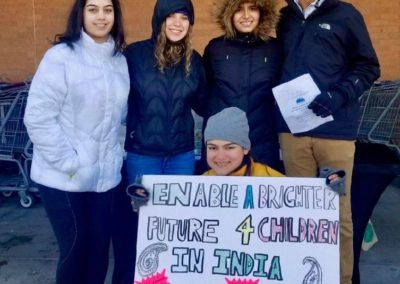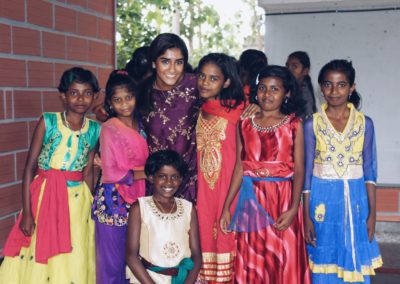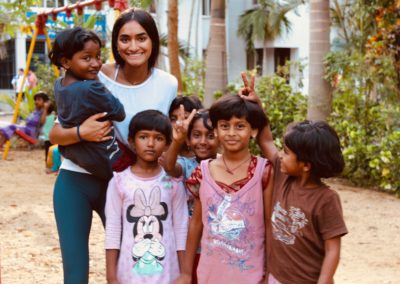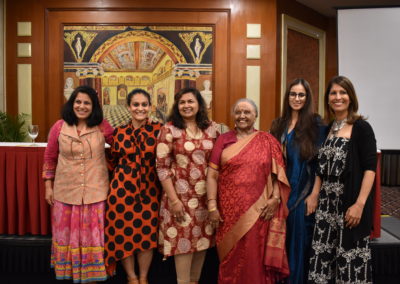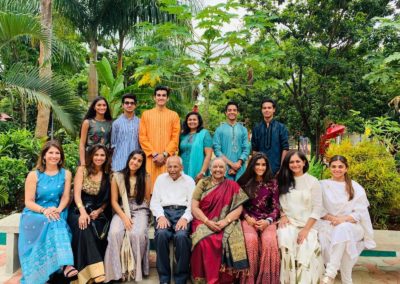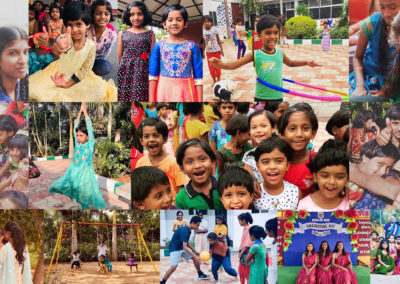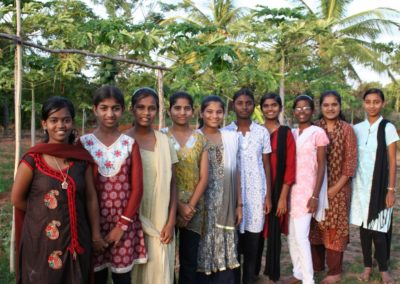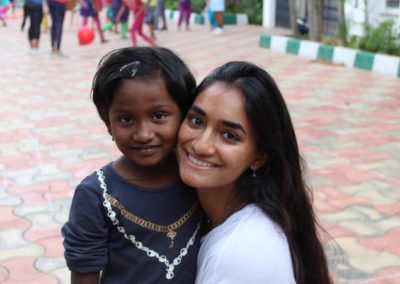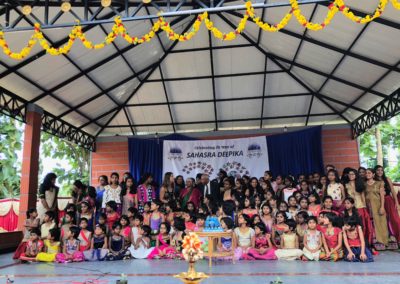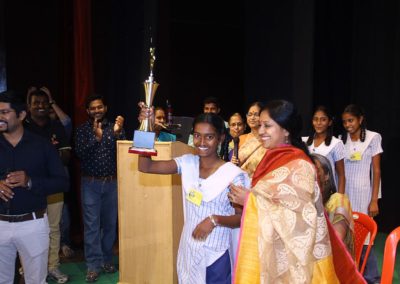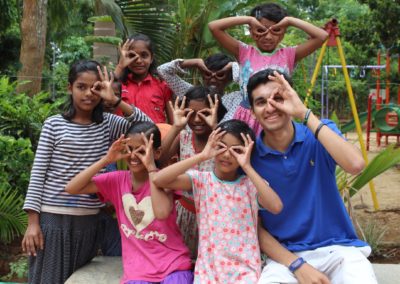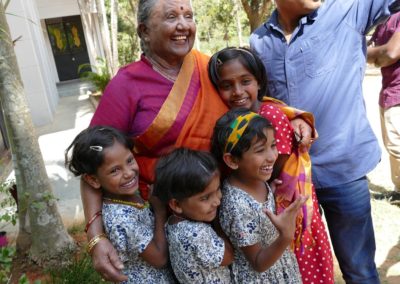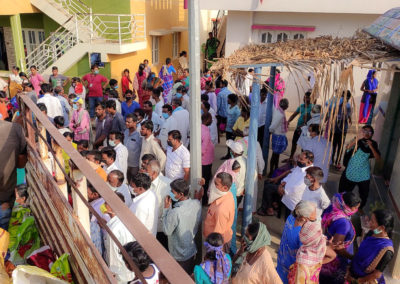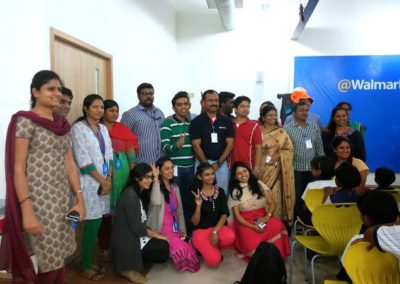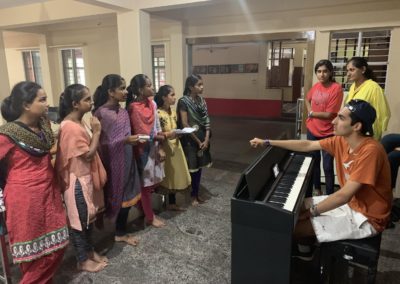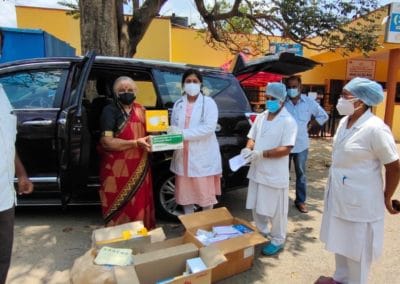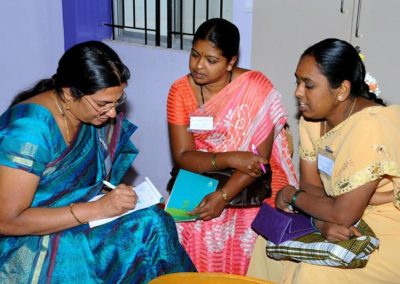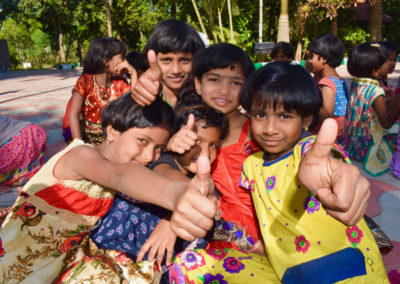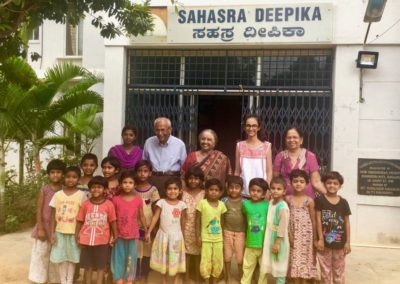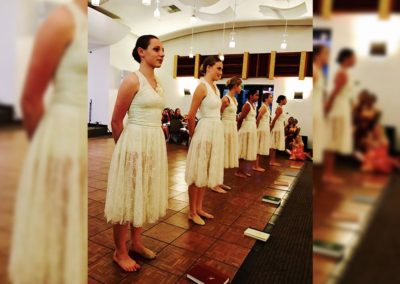“To create a diverse, accepting, and multicultural country it is in our collective interest to improve ALL of society.”
Education is action; teaching is a method; learning is the process.
Education as such involves self-confidence and self-correction and requires processes to adapt to the changing conditions at all levels—culture, literacy, curriculum, evaluation, training, and so on.
In our society, racial discrimination is still lurking around and many people that don’t suit the ‘standard of color’ have been abused and discriminated against continuously. Here in Sahasra Deepika, we believe that equal rights regarding your race or skin color should be implemented every time, and shouldn’t be a problem. Every man, woman, or child should be respected. That’s why we prioritize education for the children in Bangalore.
“The truth is, no one of us can be free until everybody is free.” Maya Angelou’s words ring true today more than ever. Protests are filling the streets across the US this week in support of the Black Lives Matter movement sparked by the tragic killing of George Floyd. George Floyd, Ahmaud Arbery, Breonna Taylor, Trayvon Martin, and many more have been victims of police violence and have died due to systemic oppression of black individuals in the United States.
We are reminded today that fighting against injustice, protesting for equality, and educating ourselves about a cause cannot be undertaken by the marginalized group alone. To create a diverse, accepting, and multicultural country it is in our collective interest to improve ALL of society. It is so easy to point the finger at others, but it is important to also look inward to see if you are the first part of the problem and second how you can be part of the solution.
As a South Asian living in the US, this has forced me to examine my own community and understand that when minorities stand together, we can break societal stereotypes and challenge systemic oppression through action. In this reflection on my own culture, I have come to understand it is important to have difficult conversations with family and friends to break down prejudices that exist against Black communities or other marginalized groups. It is critical to think about the built-in biases that exist in our community, such as rendering ‘fairer’ skin to be more ideal than having a darker complexion. Or, to think of the model minority myth where Asians in the US are thought of as inherently smart and responsible and destined for success, creating a divide between us and other minority groups. Even in our vibrant South Asian culture, one that prides itself on respect for all as a key-value, there is still a need for improvement.
And this improvement starts with education: educating ourselves, having difficult conversations with family, and sharing information with the community is how we begin to create meaningful change. Through media reports in the last week, I have learned about the shared history between the Black and Desi communities. In fact, those of us who have families that immigrated to the US after 1965 owe a debt to the civil rights movement. The 1965 Immigration and Nationality Services Act overturned the 1920 National Origins Formula which restricted immigration from non-white countries. This opened up immigration from all Asian countries to the US. The 1965 act was passed with other civil rights legislation, all of which were strongly fought for by the Black community. Understanding this history and our shared fight has opened my eyes to the need to work together in the pursuit of freedom — freedom for all, that is.
University students across the country have started holding each other and their institutions accountable for actively bringing awareness to and participating in the movement. For example, at Johns Hopkins, over 70 on-campus student organizations signed a ‘Statement of Solidarity’ addressed to the university’s president, demanding that action is taken to dismantle institutionalized forms of structural racism. Being a part of the South Asian Students Association at Brown University has also exposed me to some oftentimes difficult, but necessary conversations that we need to have. South Asian organizations from universities across the country have banded together to donate, raise awareness, and compile South Asian-specific educational resources to educate about #blacklivesmatter. Students in our generation are committed to fighting for change, but not just for ourselves. We feel a larger responsibility to help our Black brothers and sisters who have different backgrounds and different traditions than us but who share a desire to be accepted in a country that is their own. We hope to work for a multicultural society that is tolerant and fair.
I am grateful to be a part of the conversations that are taking place among South Asians and other students across the nation, as they have shown me how much we have learned and how much we have left to understand. I personally have much more to learn — we all do. But as I have been taught through Sahasra Deepika, our education makes us stronger, our education empowers us, and our education allows us to fight for change. Education is Action. Let’s take action now so that we can all be free.

